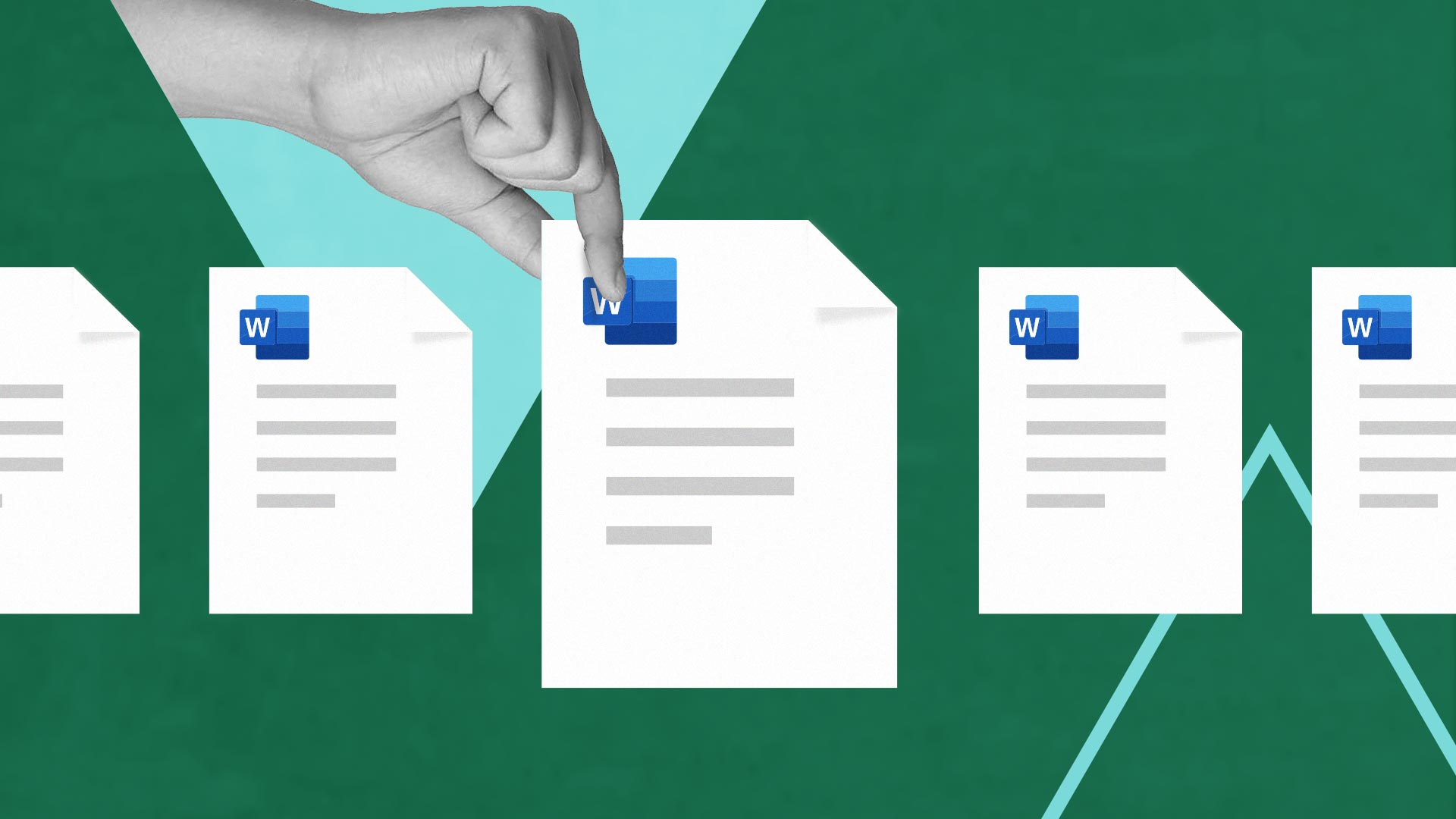For those seeking to hire a legal brief writer, any missteps along the way can cost dearly. From lost time due to mistakes in critical legal paperwork, to unsuccessful hires who lack the skills and knowledge of the profession - navigating this complex process can be daunting. Fortunately, there is a better way: learning how to craft an impeccable recruitment process for hiring legal brief writers.
This guide provides all the information needed to find the ideal brief writer: from legal writing challenges and common errors, to an essential skills overview and a recruitment process checklist. Plus, it includes tips on how legal AI technology can give brief writers a boost.
The challenges of legal writing
Legal writing involves complex, nuanced prose composed of precise language and jargon. It requires expertise in the law and a mastery of research skills. Poorly written briefs can lead to court delays, inefficiencies, and costly mistakes. As such, spotting potential problems with legal documents is a critical skill for brief writers.
Common legal brief writing mistakes
1. Incorrect legal citations
Incorrect citations occur when a writer wrongly cites the court, case name, or other legal document. This error can lead to lost time and money due to incorrect filing of documents.
2. Lack of proper grammar
Grammar mistakes in legal documents can have serious consequences and cause confusion. The use of incorrect punctuation, misused words, and poor sentence structure is unacceptable in legal documents.
3. Poor research skills
Research is an integral part of legal writing. A good brief writer must be able to conduct thorough research and provide accurate facts and information from reliable sources. Not doing so can lead to the wrong conclusions being drawn, or worse, the dissemination of inaccurate information.
4. Incorrectly formatted documents
Legal documents must be formatted correctly, or they can be rejected by a court. Not understanding the correct format and not adhering to it can have serious consequences for both the client and brief writer.
5. Misinterpretations of case law
Case law must be interpreted correctly in order to provide the correct legal advice. Not understanding the case law, or misinterpreting it, can lead to costly mistakes for both parties.
6. Inaccurate language use
The use of jargon and precise language is essential in legal documents, so a good brief writer must understand the terminology correctly. Misunderstanding or misusing the words can lead to costly mistakes - something no one wants to happen.
7. Poor sentence structure
Good sentence structure is the key to effective legal writing. Poorly constructed sentences can be confusing and lead to misinterpretation of the law, which can have serious repercussions.
8. Improper use of terminology
Legal documents must be written in precise language and contain the correct terminology. A good brief writer must know what terms to use, when to use them, and how they are defined. Not understanding this can lead to misunderstanding of legal information, which can cause costly mistakes.
9. Oversing legal brief templates
Using a legal brief template is a great way to ensure that all documents are correctly structured, written in the right language and contain accurate information. Templates can help save time and ensure accuracy. However, there are multiple ways in which templates can lead to ineffective briefs, such as a lack of customization or too little specificity.
10. Forgetting the brief's purpose and audience
Understanding the purpose of a brief and its intended audience is essential for effective legal writing. A good brief writer should be able to tailor their writing to the specific context and make sure it contains the right information in a way that is easily understood by the reader.
11. Overly long and wordy briefs
Legal briefs should be concise and to the point, without skimping on essential information. If a brief is overly long or wordy, it can become tedious for both the writer and reader. Unless annoying the judge is the goal, it is best to trim down overly long legal briefs.
12. No proofreading
Proofreading is an important step in writing any legal document. It allows writers to catch errors and typos before submitting the brief for review, which can save time and money.
13. Ambiguous pronouns
Ambiguous pronouns can be confusing for readers and lead to misinterpretations of the facts. This happens when it is difficult or even impossible to determine with complete certainty who a given pronoun is referring to. Consider the following example: "Mary needed to give Donna the briefcase, but she was late". Who was late, Mary or Donna? Such ambiguity can be a big problem in a legal document.
Who is a legal brief writer?
A legal brief writer is a professional with deep knowledge of the law and an understanding of how to write briefs for courts. They must be able to understand legal terminology, analyze complex laws and cases, and research a variety of topics. They must also possess the ability to work under pressure, meet deadlines, and present arguments persuasively.
A legal brief writer's job is to write briefs for clients and present them in court. They must be able to provide accurate legal advice, synthesize research, and craft compelling arguments that will stand up to scrutiny.

A short guide to legal writing
Legal writing can be challenging to master, and as a result, it is not easy for non-experts to recognize well written briefs. This guide and similar resources can be a good start to understanding legal writing and ensuring that briefs are properly crafted.
Avoid careless errors
Careless mistakes can lead to costly problems and delays in the court process. Make sure to check all citations, research thoroughly, and double-check grammar and spelling.
Use precise language
Legal documents must be written using specific terms and definitions that are precise and clear. Not using the correct terms can lead to confusion or misinterpretation. At the same time, ensure clarity in the language used by avoiding jargon where possible.
Understand court procedures
Knowing the different court systems, their rules, and the applicable laws is essential for writing legal documents that stand up in court.
Know the format for briefs
Legal documents must be formatted correctly according to specific guidelines in order to be accepted in court. Brief writers need to get familiar with the court's formatting requirements.
Research thoroughly
Thorough research is essential for providing accurate legal advice and arguments. It is crucial to always verify facts before writing a brief.
Practice proper sentence structure
Structure sentences logically, making sure that they are concise and to the point. Avoid run-on sentences and make sure your points are direct and easy to understand. Also, try not to overuse passive voice, as it can make the brief harder to read, because it obscures the "doer" of an action. At the same time, when hiding the actor is the goal, passive voice is absolutely the right tool to use.
Remain consistent
It is important to maintain consistency in writing style throughout documents. This ensures that all information is presented clearly and in a uniform way.
Recruiting the right legal brief writer
The recruitment process for hiring a legal brief writer should begin with an examination of their skills and experience. This can include conducting a background check for relevant qualifications, prior work experience, and certifications.
In addition to assessing the candidate’s writing proficiency, recruiters should also test their knowledge of legal terminology, research skills, and how they would handle different case scenarios. It is important to make sure that the writer has a full understanding of the law, is diligent in their work, and is able to write with clarity.
To ensure that legal documents are written accurately, recruiters can also provide potential hires with sample briefs and ask them to analyze the document for errors. This will give recruiters an idea of how the candidate approaches legal writing tasks and whether they can identify and correct mistakes in a timely manner.
Skills to look for when recruiting legal brief writers at a law firm
- Knowledge of legal terminology
- Proficiency in written and verbal communication
- Ability to analyze complex laws and cases
- Researching and problem solving skills

Using legal AI to support brief writers at law firms
The use of legal AI has revolutionized the way lawyers analyze and interpret data, making it easier for them to spot errors, reduce costs, and increase efficiency. By leveraging this technology, organizations can provide their legal writing teams with powerful tools that enable them to quickly locate and evaluate legal precedents, analyze trends in case law, and quickly access relevant documents.
Legal AI can also help brief writers create compelling briefs by providing them with the information they need to craft well-written arguments that are backed up by existing research. This helps make sure that their briefs are based on valid legal evidence and makes it easier for them to present their arguments in a persuasive manner.
Make legal research and writing easier with AI
The use of legal AI can significantly reduce the time and effort required to prepare briefs, freeing up lawyers and brief writers to focus on other important tasks. This technology can also help organizations save costs by eliminating redundancies in their legal workflows, allowing them to create more efficient processes and improve the accuracy of their legal documents.
Ultimately, recruiting the right brief writer and leveraging legal AI can help organizations provide high-quality briefs that are more likely to result in favorable court outcomes. By taking these steps, legal teams can ensure that their briefs are accurate and up-to-date with current case law, helping them achieve success in their cases.




